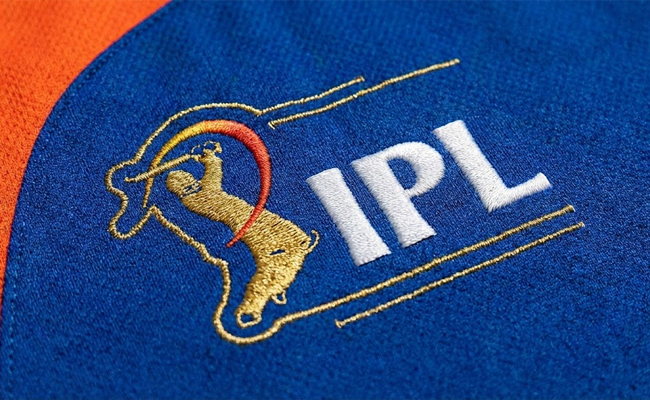PUNE, Sept 12: The Indian Army troops used leopard’s urine and faeces to throw off dogs while carrying out surgical strikes, 15km inside Pakistan territory + in 2016, former Nagrota Corps commander Lt Gen Rajendra Nimborkar said on Tuesday.
The city-based Thorle Bajirao Peshwe Pratishthan awarded Nimborkar for his contribution to the strikes. The award was given away by former chief minister Manohar Joshi who was chief guest.
Nimborkar, who served as brigade commander in Nowshera sector, had studied the biodiversity of the area minutely. “While in the sector, we had experienced that leopards often attack dogs in the areas. To save themselves from the attack, dogs prefer to stay in the locality during night,” Nimborkar told TOI.
“While devising the operational strategy, we were aware about possible dogs barking and attacking while crossing villages on the route. To counter it, our troops carried leopards’ urine and faeces. They used to spray it outside the village. This worked well and the dogs left them alone,” he said.
Nimborkar said the Army had maintained highest secrecy. “Then defence minister Manohar Parrikar had told us to execute the operation in a week. I had discussed this with our troops a week in advance but didn’t reveal the exact location. They came to know about it a day prior to the attack,” he said.
To execute the operation, Lt Gen Nimborkar said, we had chosen early morning. “We had identified the terrorists’ launch pads. We had studied their timings and got to know that 3.30am was perfect to attack. Before that, our troops had to reach a safe location. They had successfully crossed difficult terrains and mine fields. They destroyed three pads and killed 29 terrorists,” he said.
Post operation, Nimborkar said the surprise factor had stunned the Pakistan army’s military leaders.
Courtesy: timesofindia.indiatimes.com
Let the Truth be known. If you read VB and like VB, please be a VB Supporter and Help us deliver the Truth to one and all.
Mumbai (PTI): The upcoming edition of the Indian Premier League will be held between the March 26 to May 31 window but it remains to be seen if Bengaluru, the home of RCB, holds the opening match.
As per the norms, the M. Chinnaswamy Stadium should host the tournament opener given the home side, Royal Challengers Bengaluru won the IPL 2025 title.
While the venue has received conditional clearance from the Karnataka state government, it also needs to meet the necessary safety and security standards following the death of 11 fans in a stampede during RCB's victory celebrations in June this year.
The mini-auction for IPL 2026 will be held in Abu Dhabi today with three-time winners Kolkata Knight Riders coming in with the biggest purse.





